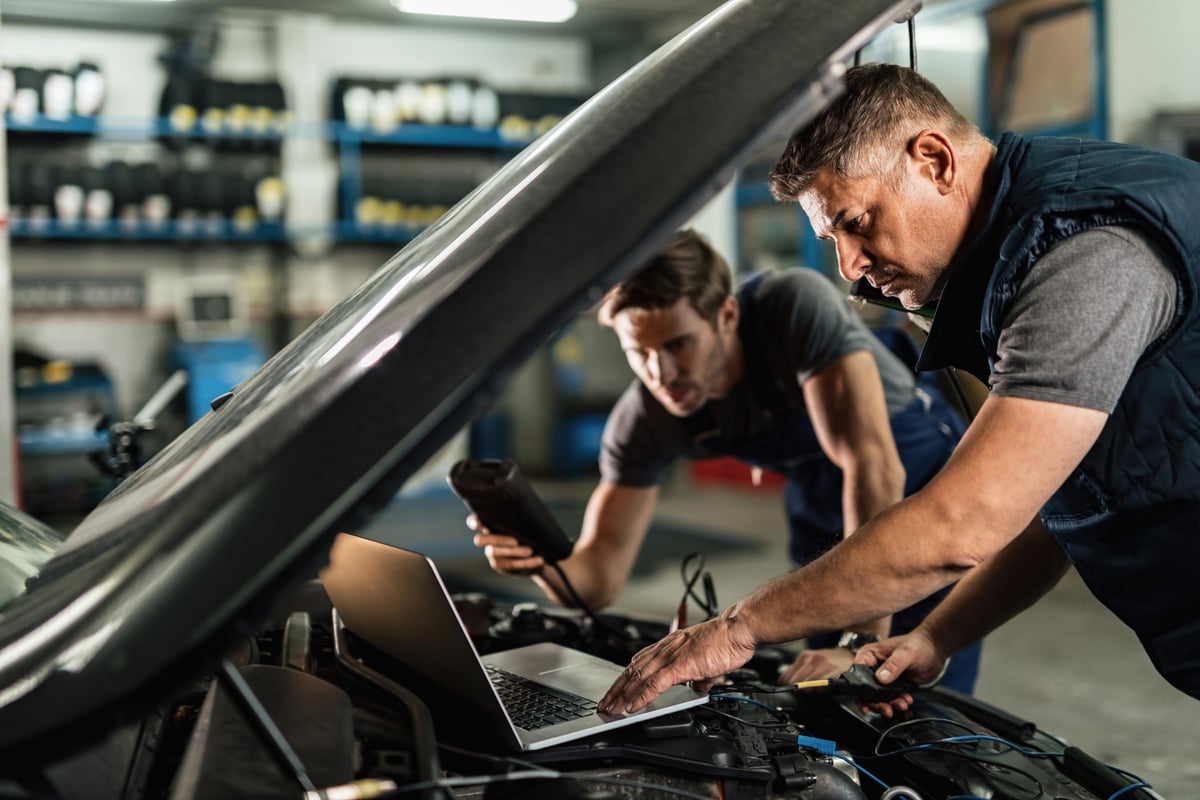How to Become an Auto Mechanic in High School?

Are you passionate about cars and wondering how to jumpstart your journey as an auto mechanic while still in high school? A career in automotive repair is both rewarding and hands-on, offering endless opportunities to grow and make an impact. In this guide, we’ll explore what it takes to become an auto mechanic, how high school students can start early, and the steps to finding the right training programs.
Where to Find Auto Mechanic Classes
Looking for auto mechanic training programs? Dreambound is the largest platform for finding vocational and trade school programs, including automotive repair. Dreambound provides detailed information on program costs, curriculum, and reviews from students, making it easy to find the perfect class near you.
Explore options locally or online by visiting Dreambound.
How to get a job as an Auto Mechanic in high school?
How to Get a Job as an Auto Mechanic in High School Landing a role as an auto mechanic in high school might seem daunting, but it’s achievable with the right approach:
1. Build a Strong Resume: Highlight your relevant skills, coursework, and any volunteer or part-time experience related to automotive repair.
2. Network Locally: Visit local auto repair shops, express your interest, and ask about opportunities. Networking can uncover hidden job openings.
3. Gain Real-World Experience: Seek internships, apprenticeships, or volunteer roles in repair shops to learn hands-on.
4. Earn Certifications: Consider beginner certifications, such as the Automotive Service Excellence (ASE) certification, to demonstrate your commitment and skills.
5. Stay Persistent: Job searching takes time. Keep applying and networking, and don’t get discouraged by initial setbacks.
Final Thoughts
Starting your journey to becoming an auto mechanic in high school is an exciting and practical way to turn your passion into a career. By participating in vocational programs, gaining real-world experience, and networking with industry professionals, you can set yourself up for success in this in-demand field. Use platforms like Dreambound to find the best training programs that suit your goals. With dedication and hard work, you can build a fulfilling career doing what you love.
Dreambound is your go-to for state-specific guides if you're starting in this field. And if you're curious about the process across different states, we've written several others as well.
- How to Become an Auto Mechanic in Arkansas
- How to Become an Auto Mechanic in Idaho
- How to Become an Auto Mechanic in Missouri
- How to Become an Auto Mechanic in New Jersey
- How to Become an Auto Mechanic in Tennessee
Exploring different career paths? Dreambound offers in-depth guides to assist you in making well-informed decisions. Explore some of these resources below:

Justine Tacmo is part of the Growth team at Dreambound. He assists the organization by updating critical information so students receive the most up-to-date information for their desired trade schools. Besides, he has a passion for writing and expresses it through poetry, covering themes of life, love, and mental health, which is also his advocacy.




